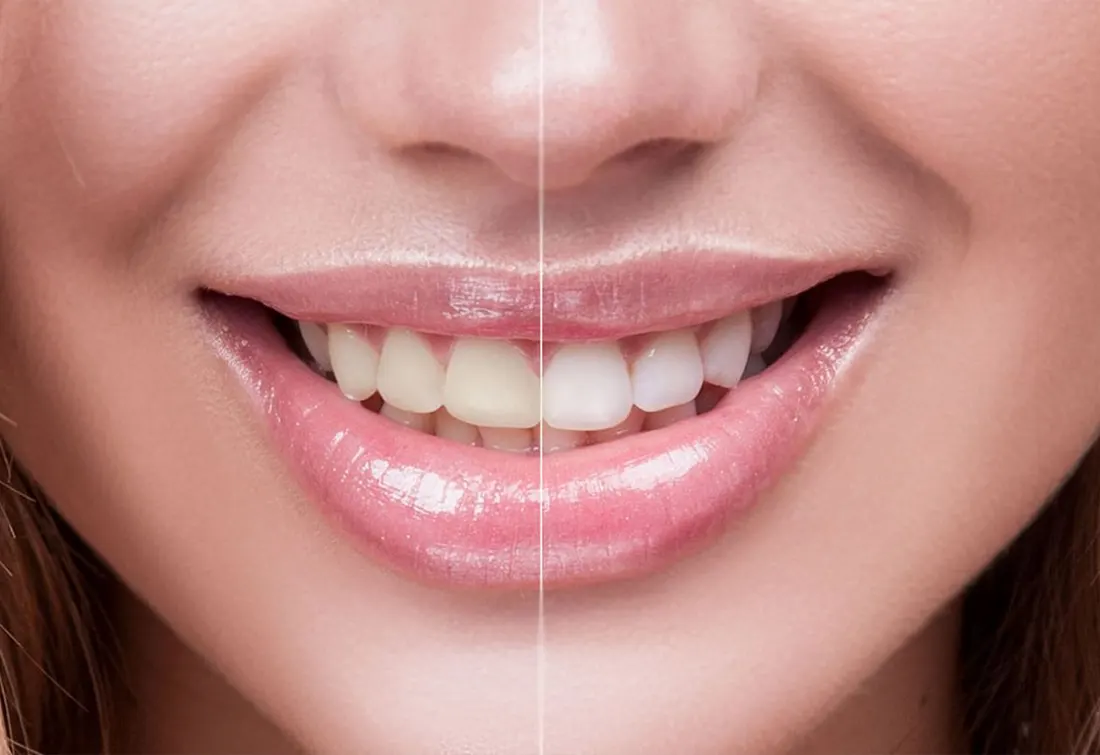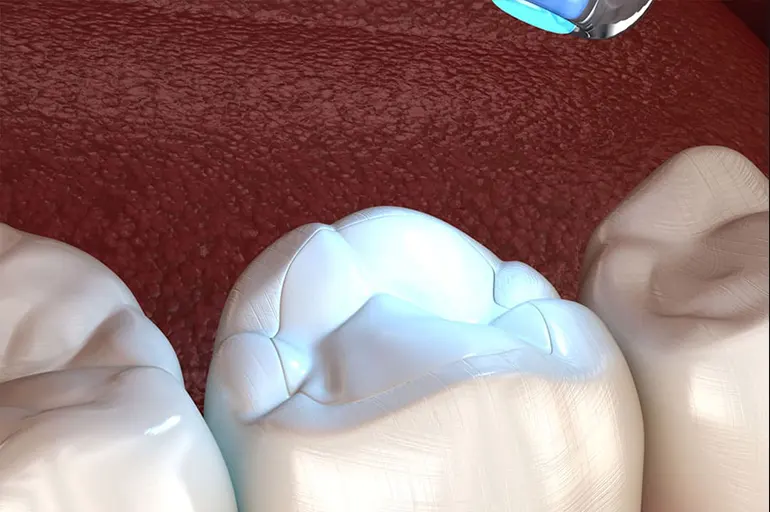facebook Share to Opens in new window
twitter Share to Opens in new window
email Share to Opens in new window
We all want to avoid tooth decay, because it is the number one cause of pain and bad odors inside the mouth, in addition to leading to cavities and tooth loss. However, caries is a very common phenomenon, and while it usually affects children and young adults, it can occur at any age.
So, let's get to know together the causes of tooth decay and then move on to the steps that can be taken to prevent its occurrence.
What is tooth decay and how does it arise?
The process of tooth decay occurs in a gradual manner, and if not treated, it develops into cavities in the teeth. When bacteria build up in the mouth, a sticky substance called plaque forms. Every time we eat sugary foods or starches, the level of viscosity in plaque increases and if left undissolved, it can fossilize and turn into a hard lime. The bacteria contained within the plaque or tartar produce harmful acids that demineralize the hard outer enamel layer of the teeth. This may lead to some softness in the hardening of the teeth, or holes known as cavities.
If the hole in the tooth goes deeper, this may lead to penetration of the soft layer in the tooth. But if the hole increases in depth, this means that it has reached the root area of the tooth and a caries has occurred in it. This type of deep caries in the teeth may cause severe pain and even tooth loss.
What are the symptoms of tooth decay?
The cavities are sometimes visible and look like black or brown spots, but often they can only be seen on an X-ray. For this reason, it is important for you to keep regular dental check-ups for early detection. Symptoms of caries include:
Constant foul odors in the mouth and a bad taste in it
sensitive teeth
Pain that increases whenever the teeth are exposed to hot or cold foods or drinks, or sugary foods or drinks
The appearance of white spots on the teeth
Tooth decay and cavities treatment
Depending on the severity of the case, your dentist can do the following:
Put a layer of fluoride and do some cleaning in the affected area. This is only a precaution and when the holes are very small.
Replacing the places of decay with fillings, dressings or artificial teeth, according to the degree of decay.
Doing the extraction of the root of the tooth in cases of root damage. This process includes removing bacteria from the root area, then filling the tooth and closing it permanently, and if necessary, a dental crown is performed.
How to prevent cavities
The simplest and most effective way to prevent tooth decay is to work to prevent plaque buildup. Since the substance of this substance is constantly created and accumulated, it is necessary to carry out cleaning to remove it every day. For this reason, it is important to maintain a tight hygiene routine to maintain oral and dental health:
Reduce the intake of soft drinks and foods rich in sugar.
Consider getting a dental guard (a protective film that is placed on the back surfaces of your chewing teeth).
Brush your teeth twice daily for at least two minutes each time.
Use a Signal toothpaste that contains fluoride and is specifically designed to remove plaque and prevent cavities.
Make sure to floss at least once a day, as it is essential to clean the tough places between teeth where food particles get stuck and attract bacteria.
These tips, along with regular dental check-ups, ensure that you have healthy, strong, cavity-free teeth for a long time.
Quick tip












